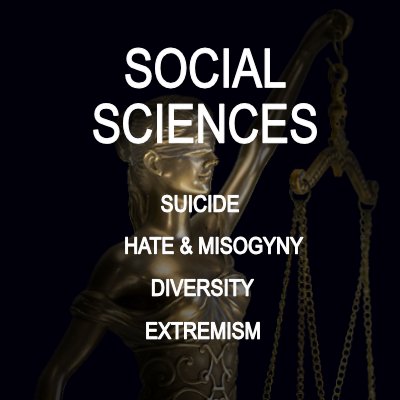By David de Groot
People from racial and ethnic minority backgrounds face discrimination and its consequences on a daily basis. However, the exact scale of the problem is hard to gauge, owing to a lack of data and general under reporting of racist incidents. Although the European Union (EU) has been introducing legislation to combat racial and xenophobic discrimination since 2000, the problem persists. The global Black Lives Matter protests highlighted the need for new measures, while the COVID 19 pandemic saw a major increase in reports of racist and xenophobic incidents, and the crisis it triggered had a disproportionately large negative effect on racial and ethnic minority groups, in the form of higher death and infection rates. Studies point to the cost of racial discrimination not only for the individuals concerned, but also for society as a whole. For instance, a 2018 EPRS report argued that the loss in earnings caused by racial and ethnic discrimination for both individuals and societies amounts to billions of euros annually. EU citizens also acknowledge this problem: a 2019 survey found that over half of Europeans believe racial or ethnic discrimination to be widespread in their country. To address racial discrimination and the inequalities it engenders, the European Commission has put forward a number of equality strategies and actions. The European Parliament, meanwhile, has long demanded an end to racial discrimination. In recent resolutions, Parliament has called for an end to structural racism, discrimination, racial profiling and police brutality; for protection of the right to protest peacefully; for an enhanced role for culture, education, media and sport in the fight against racism; and for authorities to take an intersectional approach. On 18 and 19 March 2025, Members of the European Parliament from the Anti Racism and Diversity Intergroup (ARDI) co hosted the fourth EU Anti Racism and Diversity Week. This updates a briefing from June 2024.
Brussels: EPRS | European Parliamentary Research Service 2025. 12p.









